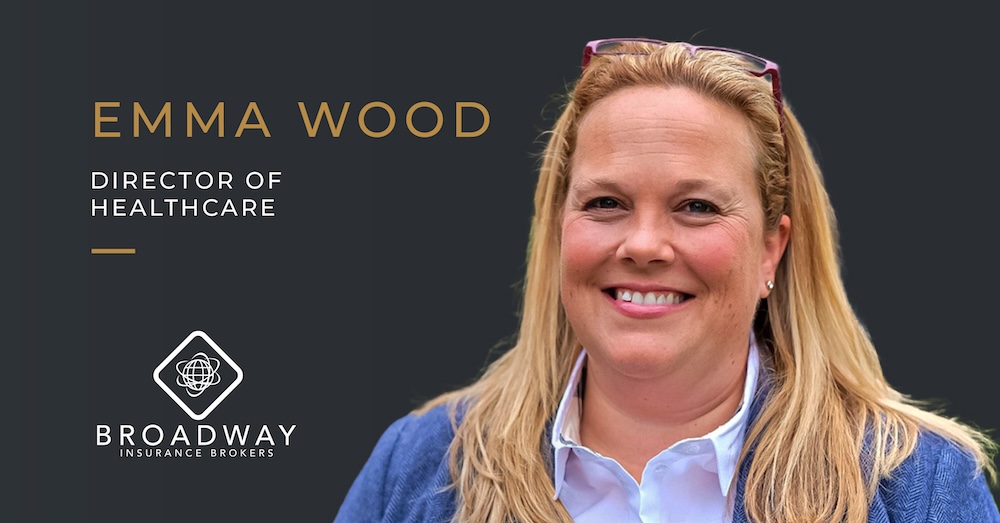At this time of year, it’s not just the sound of carols and jingle bells which hangs in the air but that of sniffles too.
We are heading into ‘flu season, a period which traditionally places more strain upon the already busy National Health Service (NHS).
Even before November is done, there is plenty of evidence to suggest that the close of 2024 may be a challenging one for health professionals.
Data published in the last few weeks has shown that there are 7.64 million cases – and more than 6.3 million individuals – awaiting elective treatment on the NHS.
Of those, 282,700 have been waiting for more than a year.
Further figures are not necessarily reassuring but do allow us to peer more closely at the specifics.
For instance, the NHS is having to deal with a sharp increase in cancer referrals – 33 per cent higher in March this year than before the start of the pandemic.
That material is useful context for the disclosure by the Association of British Insurers (ABI) of a record number of people – 4.7 million people, in fact – now being being provided with private medical (PMI) cover by their employers.
The ABI’s statistics also reveals that workplace claims are the principal reason behind an increase in the number of healthcare insurance claims being made.
It certainly bears out my and Broadway’s recent experience, gleaned from advising both SMEs and large multi-nationals enterprises.
In the past, people who could wait for treatment by NHS clinicians would do so.
Now, though, awareness of the pressures faced by the NHS is being compounded by the desire to return to work as swiftly as possible – an imperative acutely felt by those men and women who occupy key positions in the companies for which they work.
That means health policies documents are not simply filed away in a desk drawer but actively consulted by staff wanting to address conditions which might prevent them doing their job in whole or part.
Again, that is not mere supposition but the insight drawn from an ever busier workload.
A significant proportion of the private health claims which we have been dealing with related to musculo-skeletal (MSK) issues, affecting bones, joints, muscles and tendons.
As yet more NHS information makes clear, such problems are often not the be all and end all for those afflicted.
Mental health conditions are more common, it explained, in people suffering from a long-term MSK issue than those without.
With all that in mind, it is perhaps no surprise to learn that both employers and insurers are doing their best to manage the situation.
After all, having more people with PMI policies does more than simply increase the likelihood of claims being made. The ABI’s numbers show that such claims were up 21 per cent last year compared to 2022.
What we have seen is a rise in the number of health assessments – personal MOTs, if you will – being taken up.
By creating a picture of a policyholder’s overall health, it might be possible to identify potential problems and treat them before they become serious difficulties requiring intensive treatment, keeping people out of work for an extended period and running up large bills in the process.
Private healthcare is not a random courtesy. Companies recognise that it is now a key factor in being able to recruit and retain staff who might help a business grow.
That is something recorded by specialist personnel media.
It is unlikely to be any different in the near future, posing a headache both for the firms which have to pay for cover and the insurers selling the policies.
Our intelligence is that premiums may rise in the next few years. Even so, many bosses reckon that these higher costs constitute a more cost-effective use of their resources and are easier for their organisations to bear than the impact of absent colleagues.
It is extremely heartening to hear clients tell me that, in such a climate, the kind of advice given by boutique brokers like Broadway has become invaluable, helping companies protect staff and their balance sheets.
Finding the right solution and support can be the difference between there being cover or none at all, with all the distinction that could mean for commercial prospects.
Despite the Government promising that it will get to grips with the thorny problem of waiting lists – declaring that there will be “zero tolerance for failure” – it would be ambitious to expect progress to be rapid.
With no miracle administrative cure in sight, effective private healthcare is sure to be in greater demand for some time to come.
Written by Emma Wood, Director of Healthcare

